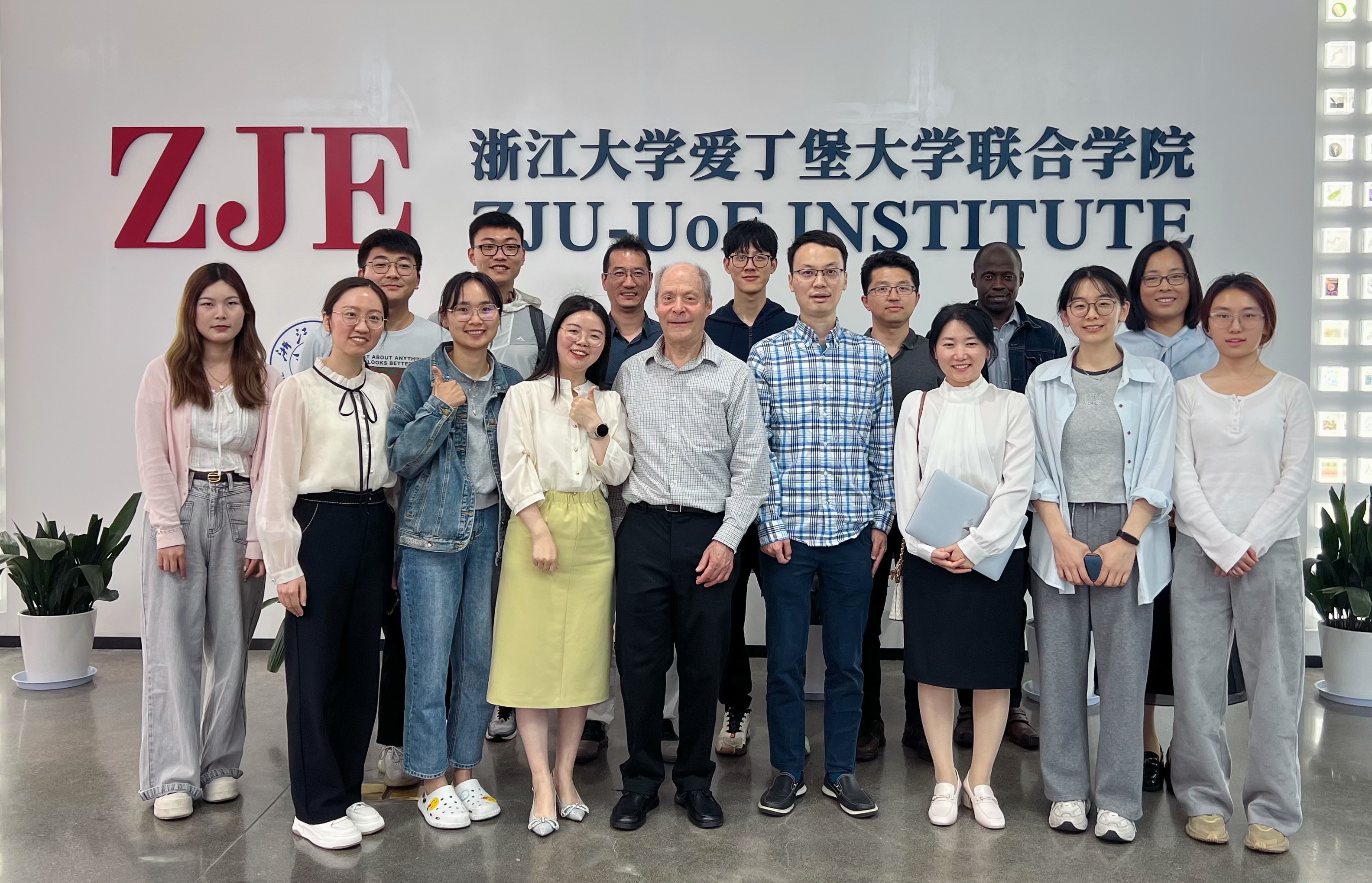On April 23, 2025, the 133rd Biomed-X Research Seminar of the Zhejiang University-University of Edinburgh Institute (ZJE) was successfully held in the Room 2A-203. Invited by Dr. Di Chen, Prof. Thomas B. Kornberg, a Fellow of the American Academy of Arts and Sciences, a renowned Molecular Biologist, and a professor at the University of California, San Francisco, and Prof. Chengting Zhang from Kunming University of Science and Technology, delivered academic reports titled "Signaling at cell-cell contacts in development and disease" and "Cytoneme-mediated ligand/receptor complex transport in development" respectively.
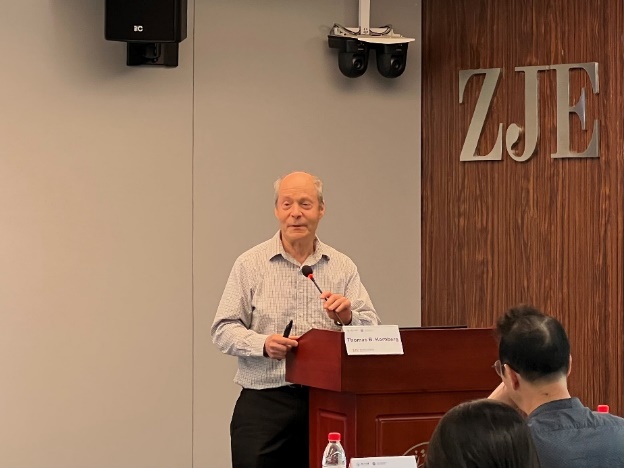
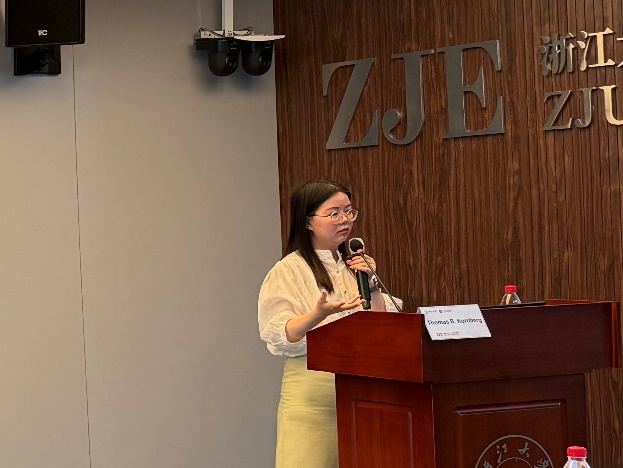
Prof. Thomas B. Kornberg, a cytoneme research pioneer, explained how cytonemes enable cell-to-cell signaling. His lab, using fruit flies, analyzed how cytonemes in wing imaginal discs regulate intercellular communication for cell differentiation, challenging the traditional signal diffusion model.
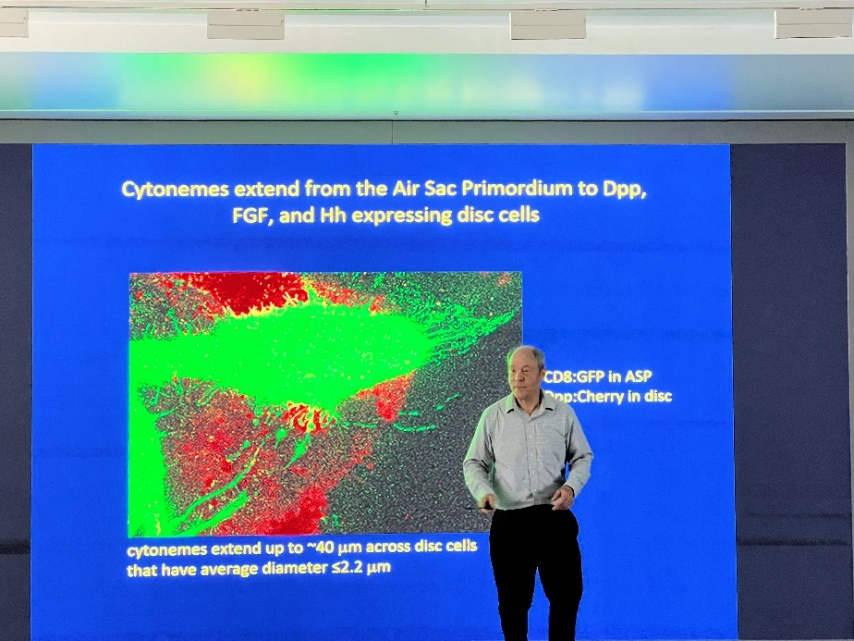
Prof. Chengting Zhang presented her lab's work on cytonemes in embryonic development. In zebrafish embryos, cytonemes can transport the Wnt5a/Ror2 complex, upending the idea that signal-receiving cells must have surface receptors. She also shared findings on how cytonemes may contribute to amniotic cavity development in human embryos by transporting FGF receptors between Trophoblast and Epiblast cells.
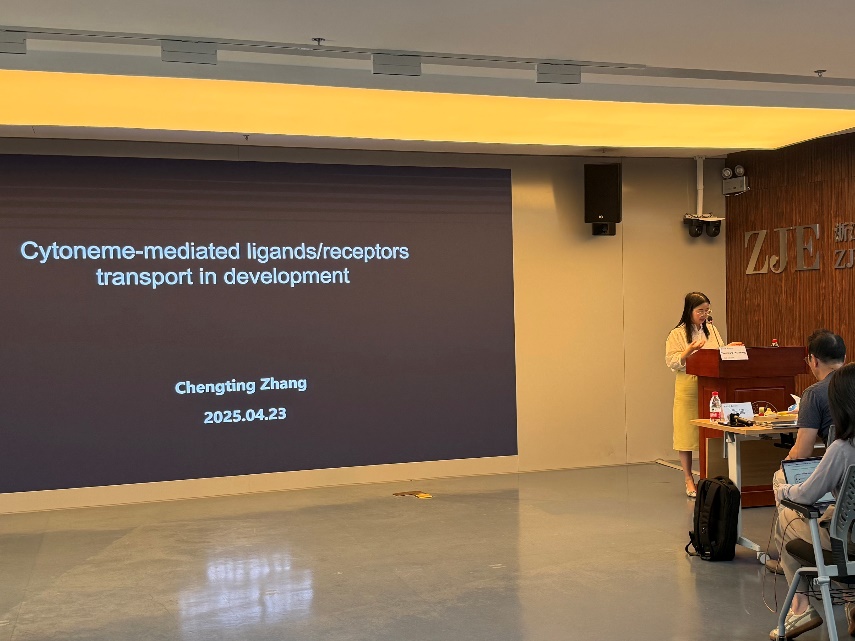
During the event, faculty and students actively engaged in discussions, demonstrating their open-minded approach to academic exploration and critical thinking about research questions. Prof. Kornberg and Prof. Zhang patiently and thoroughly answered every question, deepening the understanding and insights of participants in this field.
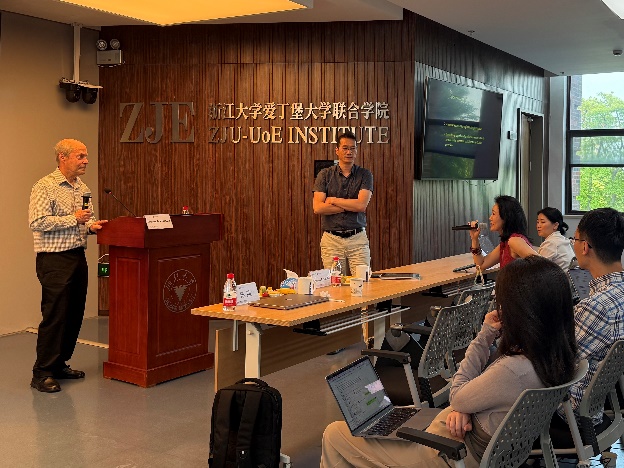
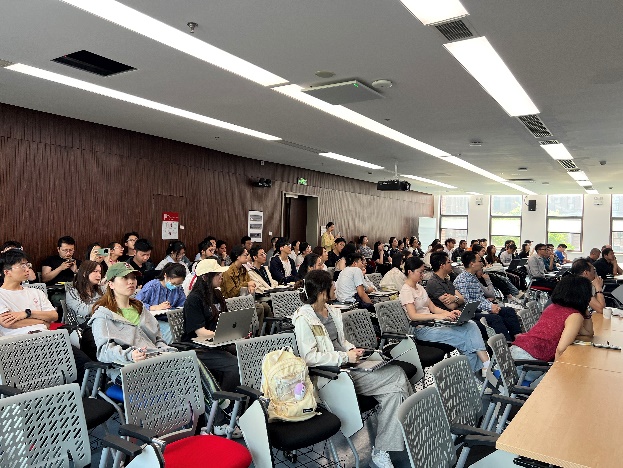
As the 133rd session of the Biomed-X Seminar series, this report underscores the institute's commitment to fostering high-level academic exchanges through its academic brand building efforts. The institute will continue to provide a platform for faculty and students to engage in cutting-edge scientific discussions.
